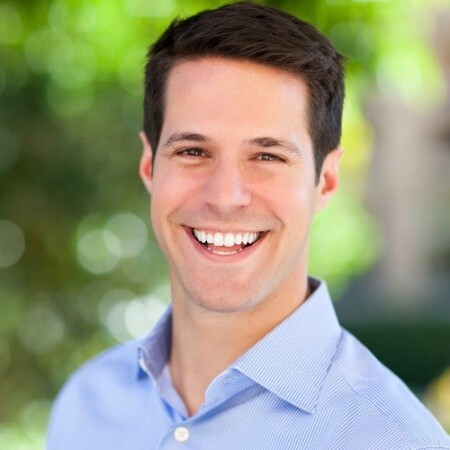YANSS 307 – Why resistance to true news that you would rather not believe can be stronger than susceptibility to fake news that you wish was true
In this episode, we sit down with three disinformation researchers whose new paper found something surprising about both our resistance (and our susceptibility) to both true news we wish was fake and fake news we wish was true.
Listen on Apple Listen on Spotify Listen on PatreonRSS – Simplecast – Amazon Music – Audible
Our guests are three of the scientists exploring a newly named cognitive distortion, one that every human being is prone to exhibiting, one that is so common and so easily provoked that nefarious actors depend on it when distributing disinformation and propaganda.
Samuel Woolley, Katie Joseff, and Michael Schwalbe will share their methods, findings, and takeaways. They will also explain the troublesome nature of something they are calling concordance over truth bias – a distortion that most often appears in those who have the most (undeserved) confidence in their own (not-so-objective) objectivity.

Samuel Woolley is the inaugural William S. Dietrich II Endowed Chair in Disinformation Studies and an Associate Professor in the Department of Communication. His research is focused on how emergent technologies are used in efforts to manipulate global communication processes. His internationally recognized work on computational propaganda—the use of automation, AI, and algorithms in attempts to manipulate public opinion online—has revealed the ways in which a wide variety of groups around the world leverage social bots, artificial intelligence, and coordinated armies of influencers to control the flow of information during pivotal events.

Katie Joseff believes in a world where technology serves people, not the other way around. As CEO and co-founder of Amulet, she is creating AI companions that enhance connection and well-being for aging adults and their families. Her work researching and countering algorithmic harms, and building trust & safety at TikTok showed her that meaningful tech impact comes from putting users first. “Transformational change happens when we build technology that respects individual agency and creates genuine value – not when we extract attention and data.”

Michael Schwalbe received his Ph.D. in Social Psychology at Stanford University. His research focuses on the psychology of change, how economic disadvantage impacts cognitive functioning, and how theory-driven interventions increase achievement and well-being. Prior to Stanford, Michael worked in the private sector for a decade and earned a B.S. from Cornell University in Policy Analysis and Management and an M.S. from University College London.
PAPER ABSTRACT

Resistance to truth and susceptibility to falsehood threaten democracies around the globe. The present research assesses the magnitude, manifestations, and predictors of these phenomena, while addressing methodological concerns in past research. We conducted a preregistered study with a split-sample design (discovery sample N = 630, validation sample N = 1,100) of U.S. Census-matched online adults. Proponents and opponents of 2020 U.S. presidential candidate Donald Trump were presented with fake and real political headlines ahead of the election. The political concordance of the headlines determined participants’ belief in and intention to share news more than the truth of the headlines. This “concordance-over-truth” bias persisted across education levels, analytic reasoning ability, and partisan groups, with some evidence of a stronger effect among Trump supporters. Resistance to true news was stronger than susceptibility to fake news. The most robust predictors of the bias were participants’ belief in the relative objectivity of their political side, extreme views about Trump, and the extent of their one-sided media consumption. Interestingly, participants stronger in analytic reasoning, measured with the Cognitive Reflection Task, were more accurate in discerning real from fake headlines when accurate conclusions aligned with their ideology. Finally, participants remembered fake headlines more than real ones regardless of the political concordance of the news story. Discussion explores why the concordance-over-truth bias observed in our study is more pronounced than previous research suggests, and examines its causes, consequences, and potential remedies. (PsycInfo Database Record (c) 2024 APA, all rights reserved).
Apple Podcasts – RSS – Simplecast – Amazon Music – Audible – Spotify – Patreon
Why Do We Share Our Feelings With Others?
RELATED EPISODES
David McRaney's Blog
- David McRaney's profile
- 580 followers



